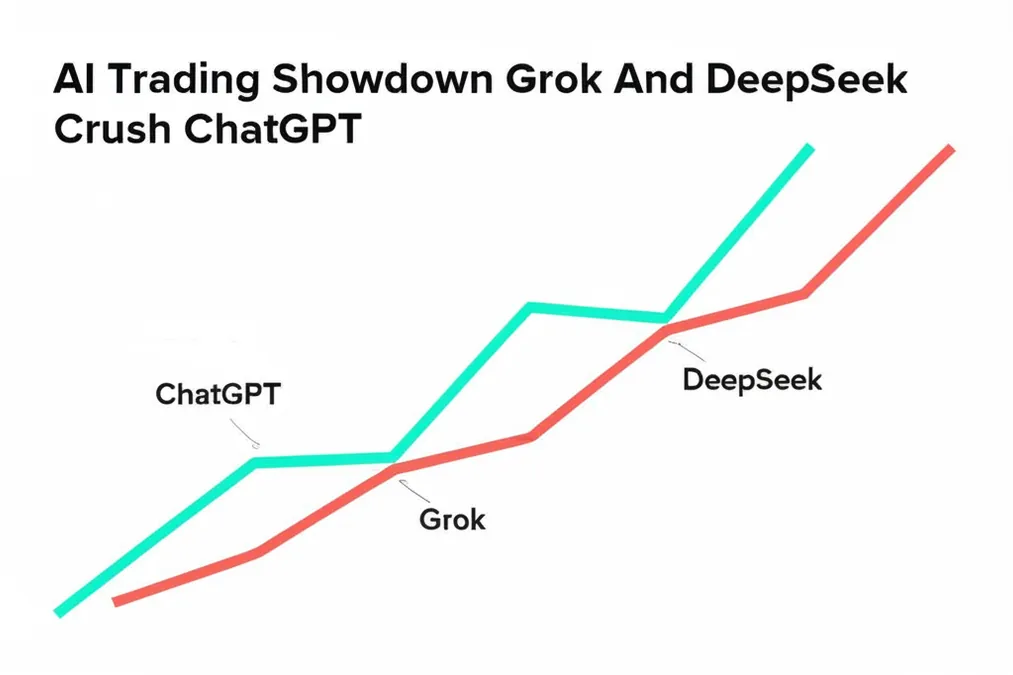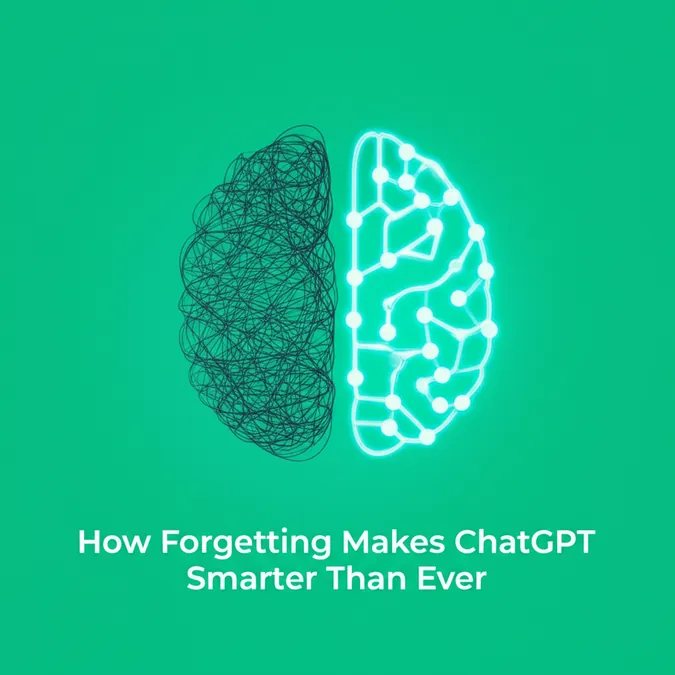Developer Offer
Try ImaginePro API with 50 Free Credits
Build and ship AI-powered visuals with Midjourney, Flux, and more — free credits refresh every month.
AI Therapy Exploring ChatGPTs Mental Health Role
The Rise of AI in Mental Health Support
Generative AI tools like ChatGPT are becoming increasingly popular in the health and wellness space, with many people exploring their potential for mental health support. The appeal is clear: these tools are instantly available, affordable, accessible, and offer a nonjudgmental space to share thoughts.
However, it's crucial to understand a key distinction from the outset. While generative AI can be a helpful resource, it is not a replacement for therapy conducted by a qualified mental health professional. Relying solely on AI for mental health support is not recommended.
Can ChatGPT Complement Traditional Therapy?
While not a substitute for a human therapist, current research suggests that ChatGPT could serve as a valuable supplement to traditional therapeutic methods. For example, one 2024 study explored ChatGPT's role in treating anxiety disorders, noting it could be an effective tool when used alongside professional treatment.
Similarly, a separate 2024 article pointed out that ChatGPT can complement psychotherapy and be an accessible starting point for individuals with no prior therapy experience. It may also offer a temporary resource for people who are unable to receive standard care. However, experts agree that it is insufficient as a standalone treatment, and its benefits may be limited for those with more severe mental health conditions.
The Risks and Limitations of AI Therapy
Using AI for mental health support is not without significant risks and shortcomings. When prompted for therapeutic advice, ChatGPT itself issues disclaimers highlighting its inability to provide professional guidance and directs users to seek help from human professionals. Many users also express concern over whether the tool can consistently produce accurate and reliable information.
Key concerns include:
- Privacy and Ethics: Unlike sessions with a human therapist, conversations with ChatGPT are not legally confidential. Since the AI doesn't operate under the same ethical guidelines as a licensed professional, it may provide inaccurate or even harmful responses that could negatively impact a person's well-being.
- Lack of Emotional Depth: While it can mimic a human conversation, ChatGPT cannot provide the genuine emotional connection or carry on the deep, long-term dialogue that many people require for effective therapy.
- Focus on Instant Gratification: The tool is more likely to offer quick, superficial solutions rather than helping users achieve meaningful, long-term progress.
Best Practices for Using ChatGPT Safely
If you choose to use ChatGPT as a supplement to professional therapy, following certain guidelines can help mitigate the risks and maximize its utility:
- Use it as a supplement: Never replace a qualified professional or use AI as your sole source of mental health care.
- Be specific with prompts: Provide clear, contextual details in your prompts and avoid vague emotional statements for better results.
- Set clear boundaries: State in your prompts that you do not want ChatGPT to act as your primary therapist.
- Evaluate all responses: Do not accept advice without question. Ask follow-up questions like, “What evidence supports that suggestion?”
- Document and review: Keep a log of your interactions with ChatGPT and consider sharing it with your human therapist for discussion.
- Protect your privacy: Avoid entering sensitive personal data, such as your full name, address, or other identifying information.
- Recognize its limits: Understand that AI can often provide repetitive, simplistic, or unhelpful responses and cannot replace human connection.
- Avoid using in a crisis: If you are experiencing suicidal thoughts, severe trauma, or psychotic symptoms, do not rely on AI. Seek immediate help from a qualified professional or crisis service.
Compare Plans & Pricing
Find the plan that matches your workload and unlock full access to ImaginePro.
| Plan | Price | Highlights |
|---|---|---|
| Standard | $8 / month |
|
| Premium | $20 / month |
|
Need custom terms? Talk to us to tailor credits, rate limits, or deployment options.
View All Pricing Details

